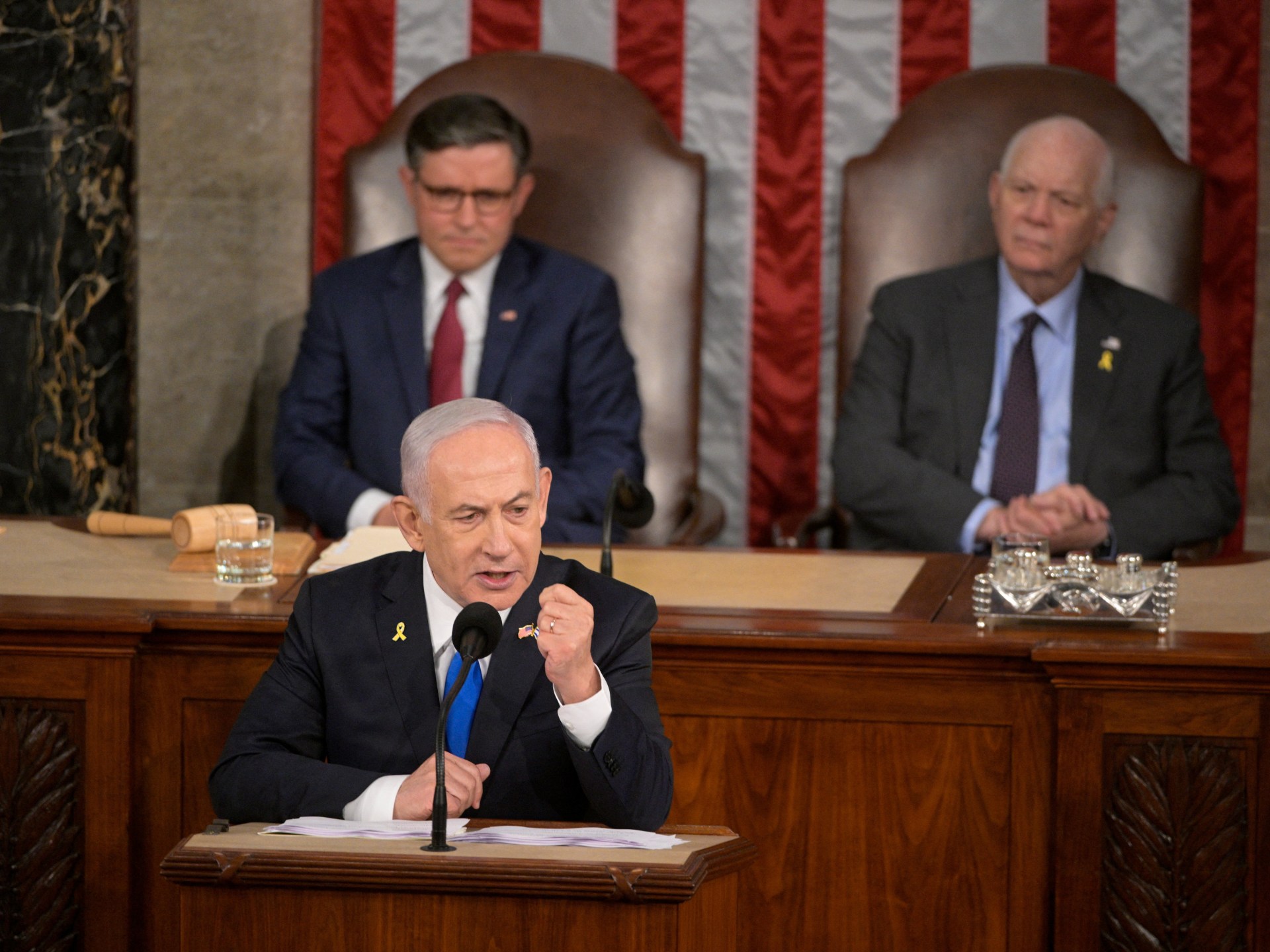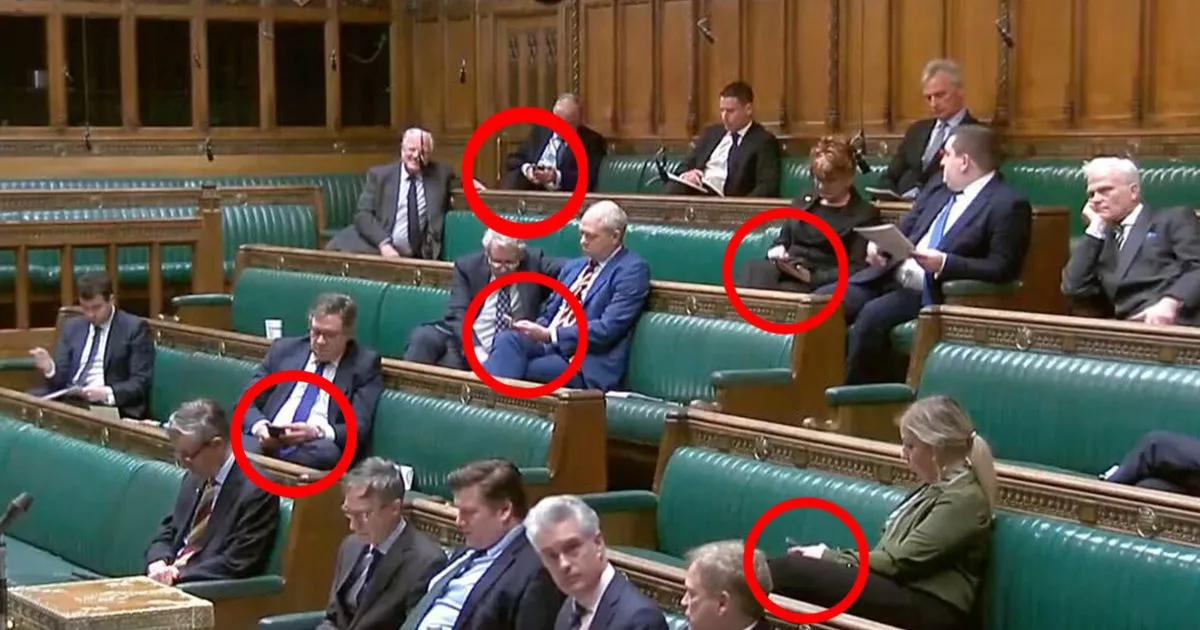
Vice President Kamala Harris, recently defeated by Donald Trump, now faces an uphill battle with one last major opportunity to alter the course of political history in her remaining time in office. With President Joe Biden’s administration keen on securing a legacy of judicial appointments, Harris’ role as Senate President could become pivotal in shaping the future of the federal judiciary, a body that has been significantly impacted by Trump’s first term. Her role in the upcoming judicial nominations could mark the final chapter of her tenure, underscoring the slim majority the Democrats currently hold in the Senate and the growing importance of her tie-breaking vote.
Throughout Biden’s presidency, Harris has wielded her constitutional power to cast decisive votes on critical issues, especially judicial confirmations. Her leadership in these moments has been a source of both praise and controversy, with some critics questioning the politicization of judicial appointments.
However, with the looming deadline of Biden’s final term, the pressure to act swiftly on these judicial nominations has never been higher. The question now is whether Harris will be able to navigate the turbulent waters of partisan divide, especially given the fiercely opposing stances of the Republican Party, which has shown no hesitation in blocking Biden’s judicial appointments whenever possible.
The urgency of judicial confirmations is not merely a political maneuver but also a strategic necessity. As the clock ticks down on Biden’s presidency, Senate Majority Leader Chuck Schumer and other Democratic leaders have emphasized the importance of confirming as many judges as possible, with the goal of surpassing the 234 judges confirmed under Trump’s administration.
Achieving this number—or surpassing it—would not only bolster Biden’s legacy but also shift the ideological balance of the judiciary. It’s a monumental task that could define the course of American legal and political history for decades to come, and Harris may find herself at the heart of these decisions in what could be her final act in office.
In the aftermath of the recent election and Trump’s renewed threats to block judicial nominations, the situation is far from simple. Republican opposition to Biden’s judicial candidates is fierce, especially with Trump leading calls for GOP senators to resist any further judicial confirmations before the inauguration of the new president. The friction between the two parties has been building, and Harris’ role could become even more significant as she casts the tie-breaking votes that could either push through Biden’s judicial picks or stall the process indefinitely.
Despite these challenges, Democrats have an advantage in the Senate, though it’s not a guaranteed win. The upcoming lame-duck session—where Congress works between the election and the inauguration of the new president—could be the stage for one of the most significant political battles in recent history. Harris, who had planned a trip to Hawaii, delayed her departure to remain in Washington, ready to return to the Senate for any necessary tie-breaking votes. Her availability during this critical period speaks volumes about her commitment to Biden’s agenda and her understanding of the momentous nature of the decisions ahead.
The situation is further complicated by the presence of GOP senators, who have made clear their intent to delay or block any further judicial confirmations. Yet, Republicans have no means to fully prevent these nominations from proceeding, as Democrats only need a simple majority to push them through.
This procedural challenge is reminiscent of 2020, when Senate Republicans, despite Trump losing the election, continued to confirm his judicial appointments in the final weeks of his term. The stakes are now higher for the Democrats, who hope to prevent the judiciary from tilting further right and aim to fill as many vacancies as possible before the new Republican-controlled Congress takes over.
The Democratic strategy is clear: use the lame-duck session to confirm as many judges as possible and solidify Biden’s impact on the judiciary. But the path to success is fraught with opposition. The Senate has already confirmed several judges, and if they continue at this pace, Biden’s total could approach or even exceed Trump’s judicial appointments.
For Harris, these votes are more than just procedural—they are a defining legacy. The ultimate goal is not just to beat Trump’s numbers but to ensure that qualified, fair-minded judges are appointed to the federal courts. The ideological makeup of the courts will impact every aspect of American life, from civil rights to healthcare, and this is where Harris could make her most lasting contribution.
As we approach December, when the Senate will likely reconvene to address these pressing judicial nominations, the Democratic leadership faces a pivotal test. Schumer has made it clear that the Senate will remain in session until these confirmations are completed, with the hope of confirming as many judges as possible.
The pressure is mounting on Harris, as her tie-breaking vote could decide the fate of numerous judicial nominees. For now, Harris remains committed to ensuring that these confirmations proceed smoothly and that the judicial system is staffed with individuals who reflect the values of the Biden administration.
The clash of ideologies and partisan interests will only intensify as the session progresses. While the Republicans have already signaled their intention to block these judicial appointments, Harris and Schumer’s determination to press forward could redefine the future of American jurisprudence. This struggle is not only about securing judges—it’s about securing a future where the judiciary can uphold the values of democracy, fairness, and justice.
Key Takeaways
- Kamala Harris holds the crucial power to break ties in the Senate, especially for judicial confirmations.
- Democrats aim to surpass Trump’s judicial appointments, with a focus on confirming judges before the end of Biden’s term.
- Harris’ role as Senate President has been vital in breaking partisan ties, making her key to ensuring judicial nominations are passed.
- Despite opposition from Republicans, Democrats have the numbers to confirm judges if they maintain unity.
- The upcoming lame-duck session is a critical moment for Biden’s legacy, with judicial appointments at the forefront of the political battle.
Conclusion
Vice President Kamala Harris finds herself at a crossroads, facing an extraordinary opportunity to make a significant impact in the final months of her term. As judicial nominations take center stage, her ability to break ties in the Senate will be crucial in shaping the future of the U.S. judiciary.
With both parties entrenched in their positions, Harris’ final act in office may well be one that defines not only her legacy but also the direction of American law for generations to come. The stakes could not be higher as both Democrats and Republicans prepare for a showdown that will echo for decades in the decisions of the nation’s courts.



